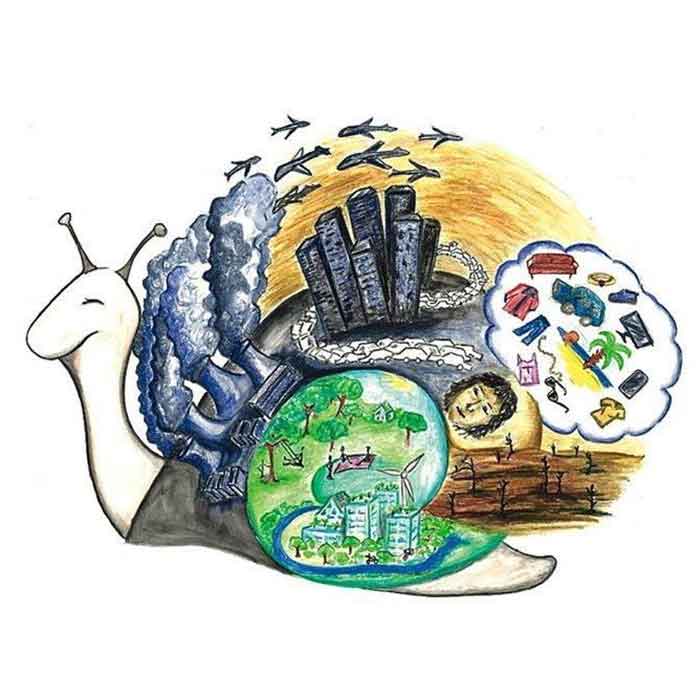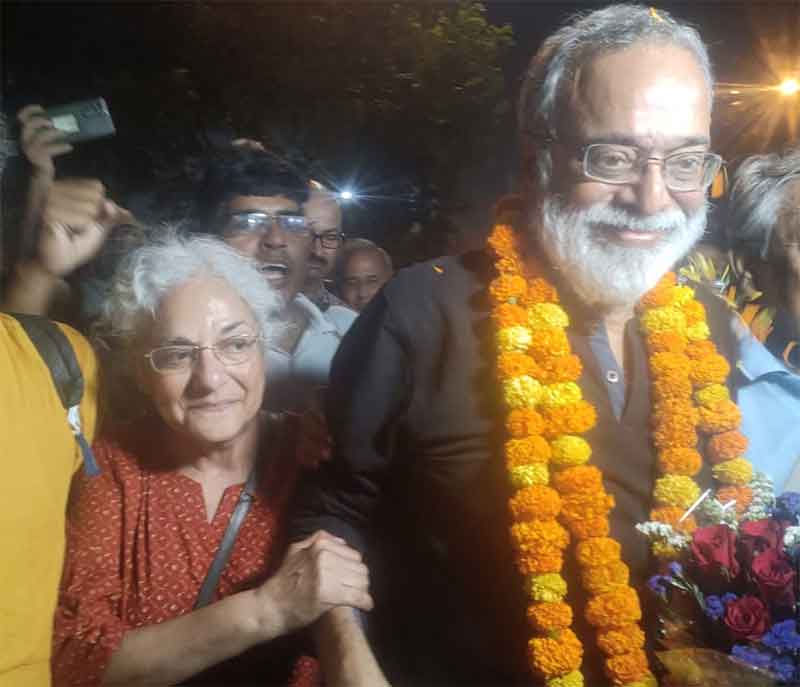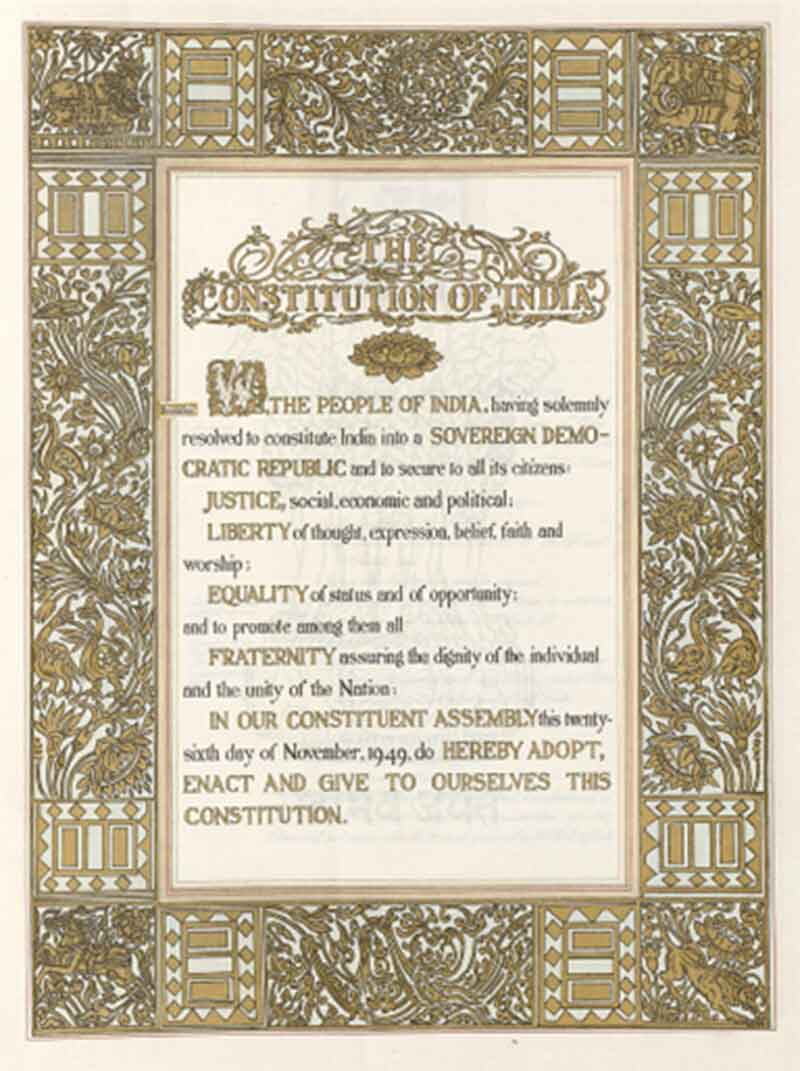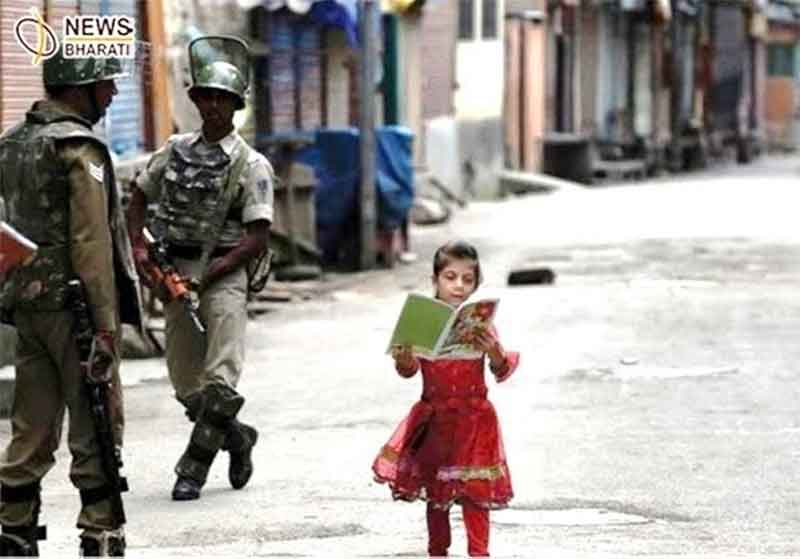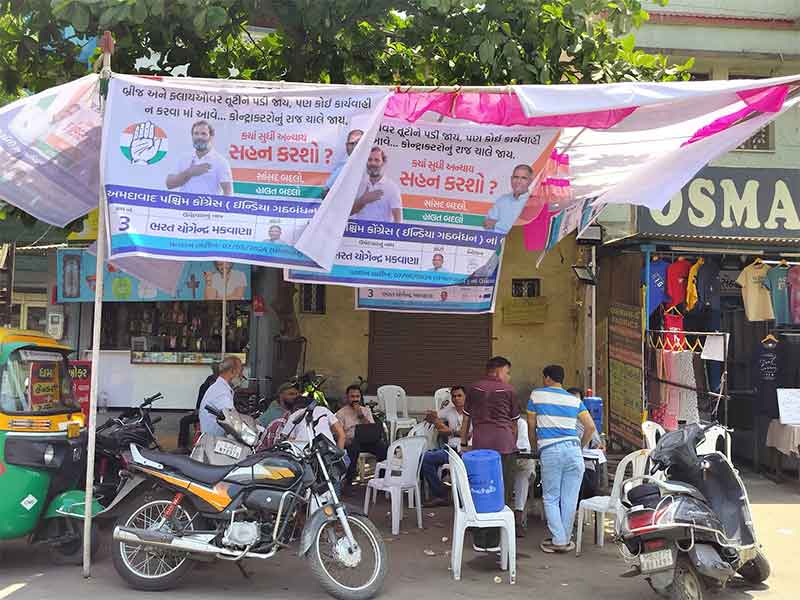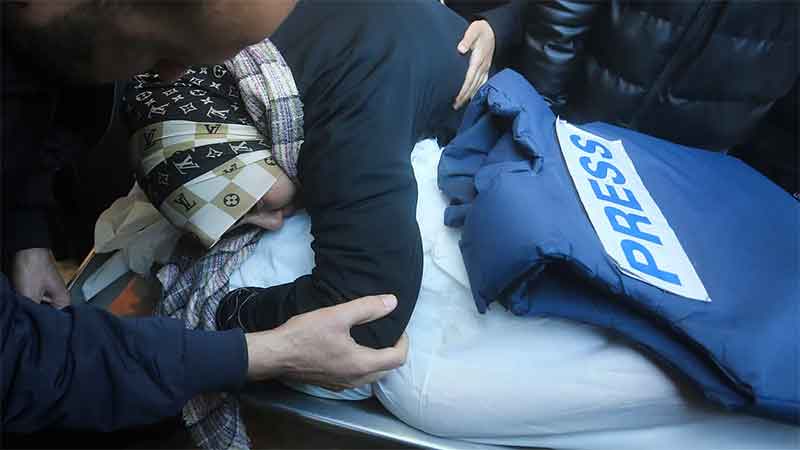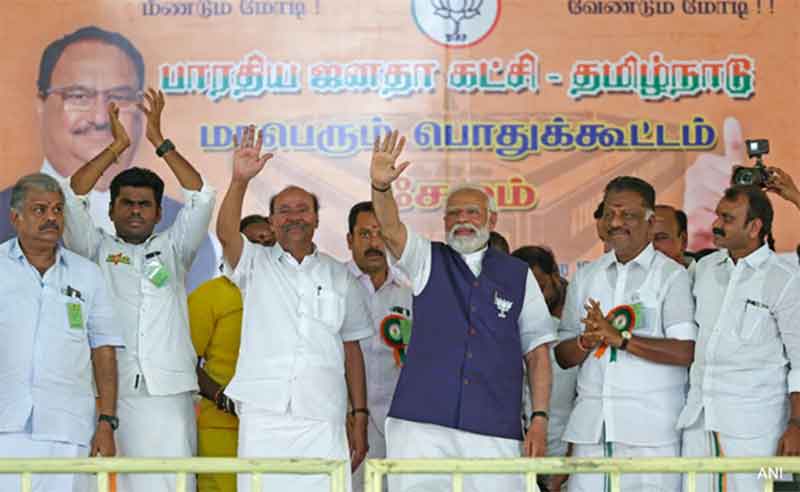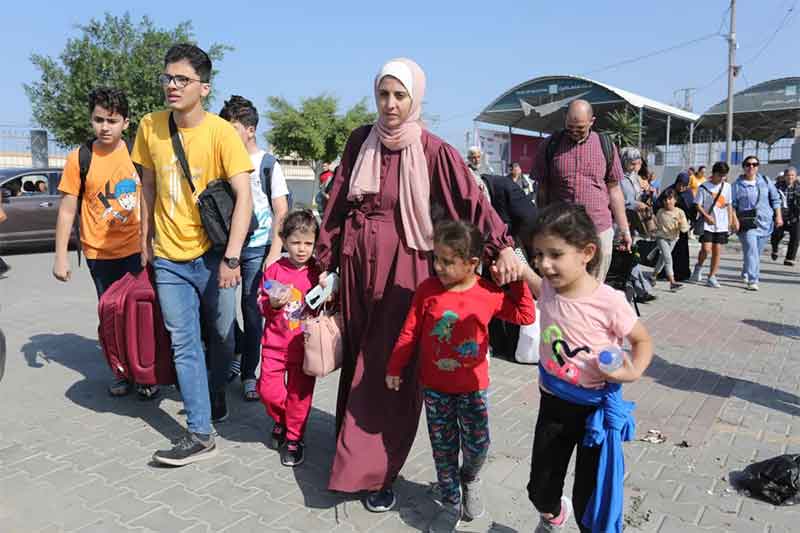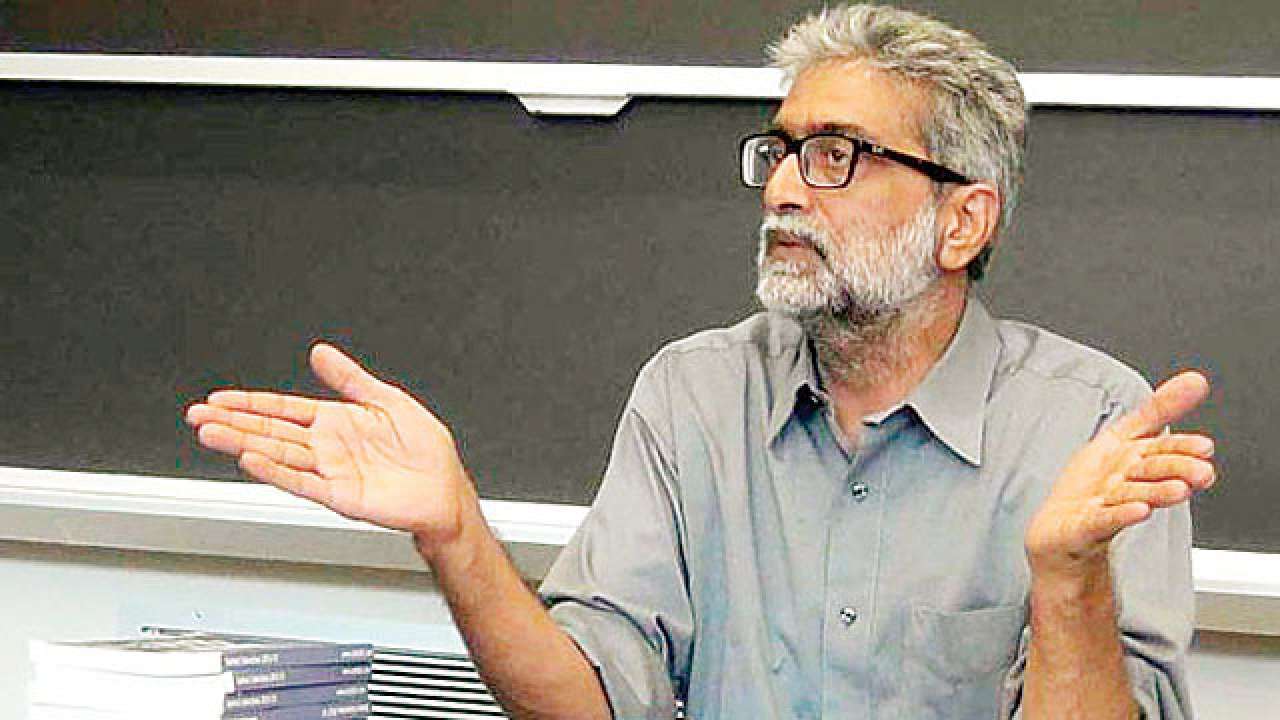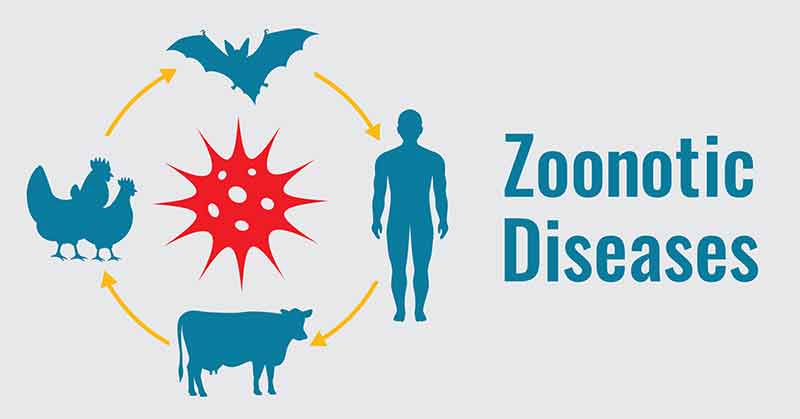
While the working conditions of disabled in organised sector has been addressed to some extent, the plight of unorganized sector disabled persons has not been addressed by the government. Even activists have not raised the issue to the extent it should have been raised. As per a survey carried out by National Sample Survey Organisation(NSSO) in 2009 -10 , the total employment in the country was about 43. 5 Crore comprising around 2. 8 crore in the organised and the remaining 43. 7 crore in the unorganised sector ( Unorganized labour force in India – vikaspedia.in ). Hence, it is obvious that some of the disabled also work in the informal sector.
In fact, the employment of disabled persons fell from 43% in 1991 to 38% in 2002 despite the country’s economic growth. ( India – disability, Chapter 5 Employment web.worldbank.org). In public sector, only 10% of jobs have been identifued as ‘ suitable’ to disabled persons and that too, only some categories ( despite 3% reservation). Private sector was even worse with only 0.3% of workforce being employed in 1990s. Large private MNCs employed mere 0.05% of workforce. Thus, many disabled worked as casual labourers or beggars in the streets. Therefore, many of the estimated 40 to 80 million disabled ( or even more according to other estimates) live under pathetic conditions.
Manual work and disabled
Though disabled cannot work as effectively as normal persons, some of them who can move and work with hands are employed in assisting household work. While most male work as assistants to their parents or cattle rearing activities, women work as domestic servants. There are also some artisans and petty hawkers and pedlars mainly in villages who eek out a living.
Semi educated jobs
In urban and semi- urban areas, disabled have some opportunities in maintaining PCO (Public Call Offices) but, due to influx of cell-phones, these jobs are dwindling. Some offices employ disabled as peons or watchmen. Women are employed in some child care centers as ‘aayas'( maid servants) who also look after purchase of daily toiletries for infants. Due to large number of dropouts after primary and secondary education, the disabled often are forced to settle in ‘C’and’D’ category jobs which are mostly in unorganized sector.
Lack of security
As the jobs are temporary, they face risk of being dismissed anytime. Even government institutions appoint persons in lower categories without permanent orders. Thus, they depend on daily wages and benediction of management. Disabled persons in unorganised sector suffer more than their counterparts because they lack mobility. If a normal person is dismissed, he or she can go in search of work somewhere else but the plight of handicapped increases as it is very difficult to find another work. Thus, if they loose a job, they are forced to stay penniless and starve for days.
Hence, many handicapped are found begging in bus- stops, railway stations, temples, churches or mosques or public buildings. Many disabled are treated with disdain by normal public.
Some measures
Though the government has formulated many welfare programs, of them have been partially implemented or not implemented at all. The welfare measures have, by and large, assisted higher classes and upper strata of disabled society. Large number of rural handicapped have no or very little access to welfare measures. They suffer from lack of financial support and social or moral help when they have no employment.
Unorganized sector disabled employees are vulnerable to uncertain future. They do not have government security or social sympathy. They often face long periods of unemployment and under – employment. They have to endure risks and constant harassment from employers. Their work is always prone to ridicule and they are often reprimanded for their work citing untidy work or imperfect execution.
The difficulties of unorganized labour of differently abled persons are under – reported and mostly overlooked by media and government. Social activists must take serious steps to solve problems of disabled in unorganized sector and exert pressure on the government to provide financial and social security in addition to education, health care and access to aids for their daily work and support in their job work.
Sheshu Babu is a writer from anywhere and everywhere




